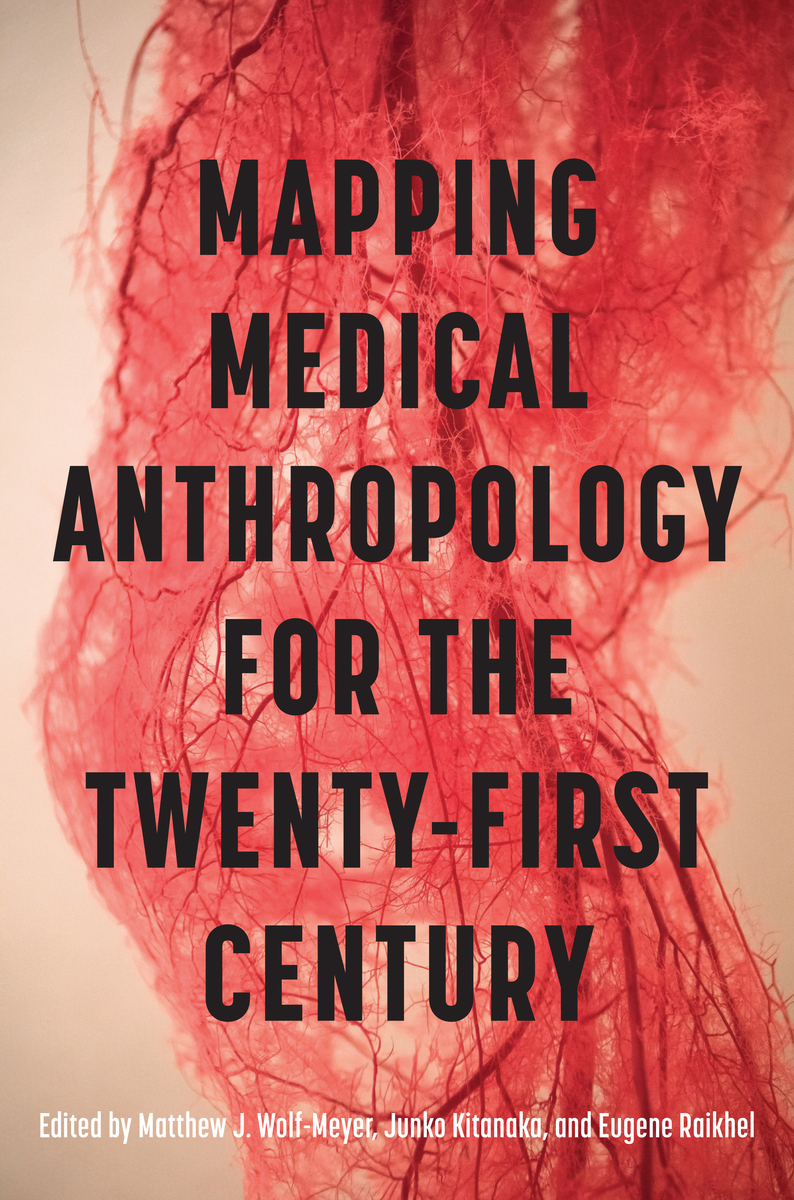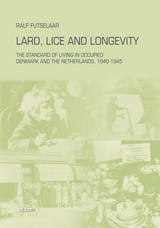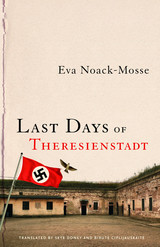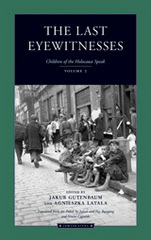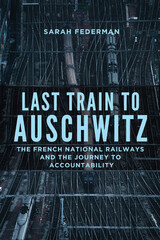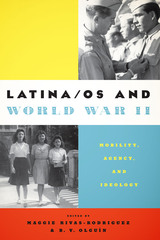Mapping Medical Anthropology for the Twenty-First Century
Rutgers University Press, 2026
Cloth: 978-1-9788-4590-9 | Paper: 978-1-9788-4589-3 | eISBN: 978-1-9788-4591-6 (all)
See other books on: Friedner, Michele | Health Care Delivery | Health Policy | Twenty - First Century | Wolf-Meyer, Matthew J.
See other titles from Rutgers University Press
Cloth: 978-1-9788-4590-9 | Paper: 978-1-9788-4589-3 | eISBN: 978-1-9788-4591-6 (all)
ABOUT THIS BOOK | TOC
ABOUT THIS BOOK
Mapping Medical Anthropology for the Twenty-First Century provides readers with a comprehensive survey of topics, methodologies, and theories in the discipline, drawing on contributions from leading anthropologists around the world. As a discipline, medical anthropology provides situational analysis of health, disease, and disability to show how the experiences of medical experts, patients, and their broader communities are informed by their social and cultural contexts. Adopting a keywords-driven approach, Mapping Medical Anthropology for the Twenty-First Century provides readers with an introduction to the concepts and approaches that have animated medical anthropology over the course of the twentieth century. Authors put these keywords into dialogue with their ethnographic and archival research to demonstrate how these concepts can be expanded to address contemporary phenomena related to health, disease, and disability. Mapping Medical for the Twenty-First Century provides newcomers to medical anthropology with a robust introduction to the discipline, while providing experienced readers a set of chapters that explore the discipline in novel and exciting ways.
See other books on: Friedner, Michele | Health Care Delivery | Health Policy | Twenty - First Century | Wolf-Meyer, Matthew J.
See other titles from Rutgers University Press
